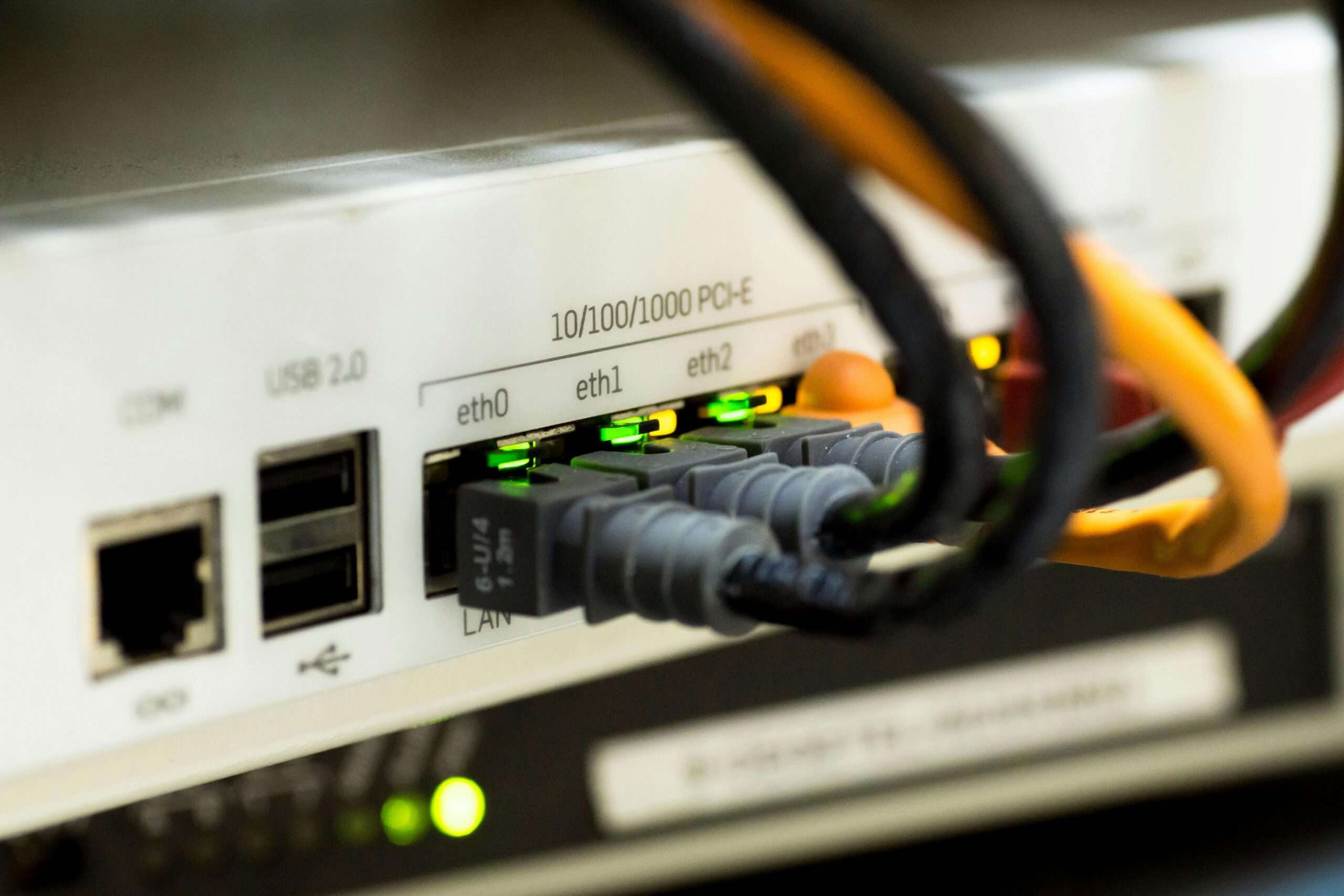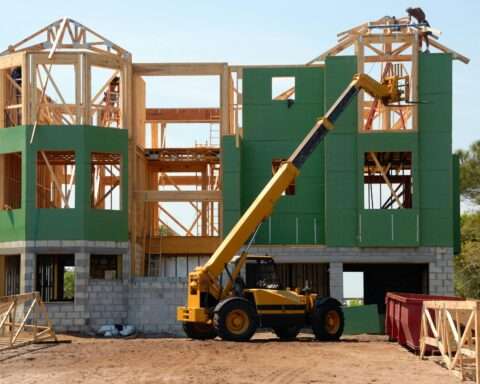The National Telecommunications and Information Administration (NTIA), following the resolution of the government shutdown, has made its first approvals through the Broadband Equity, Access and Deployment (BEAD) program. An initial 19 Final Proposals received the green light to move forward with billions in funding to expand universal broadband access.
Out of the 53 states and territories that submitted Final Proposals, those that have received approval include Louisiana, Wyoming, Iowa, American Samoa, Georgia, Arkansas, Delaware, Guam, Maine, New Hampshire, Commonwealth of Northern Mariana Islands, Connecticut, South Carolina, North Dakota, Hawaii, Montana, Rhode Island, Texas and Virginia. The recipients will be able to use the funds to:
- Plan for high-speed internet deployment.
- Deploy or upgrade internet infrastructure in unserved or underserved areas.
- Improve service to community anchor institutions.
- Install internet and Wi-Fi service in multi-unit residential buildings.
- Expand internet access, adoption and use programs.
- Implement workforce readiness programs.
- Activities that increase use of constructed infrastructure.
As part of the administration’s new policies, the BEAD program’s requirements have been modified and replaced compared to previous years’ rounds of funding. The NTIA restructured the BEAD program to ensure the allocated $42.5 billion could be distributed easily and fairly to all qualifying recipients.
One of the major reforms implemented as part of the latest round of funding went toward eliminating regulatory burdens. These removed non-statutory requirements centered around labor, employment and workforce development regarding DEI edicts; climate change; open access and net neutrality; local coordination and stakeholder engagement; favoritism for non-traditional broadband providers; updates for middle-class affordability plans; and low-cost service options.
A selection of the state’s receiving the largest approvals include:
The state of Virginia was allocated $1.5 billion through the program, of which more than $613 million will be used to connect more than 133,000 unserved sites with reliable broadband networks. The awards will be given to 23 internet service providers (ISPs) to integrate and deploy technology infrastructure facilitating the work, including fiber, cable, fixed wireless and low Earth orbit (LEO) satellite systems.
Louisiana was among the first states to submit their Final Proposal earlier this year. The NTIA’s decision will provide Louisiana with a $1.4 billion award to connect all parishes with reliable high-speed internet. The plan noted that roughly 130,000 unserved and underserved locations across the state will benefit from new broadband infrastructure. The state will collaborate with 14 ISPs to incorporate LEO, cable, fixed wireless and fiber technologies into homes and businesses.
Montana is set to receive $629 million to advance 32 projects covering more than 68,000 unserved and underserved sites, as well as 180 community anchor institutions such as:
- Health service offices.
- High schools.
- Police departments.
- Fire departments.
- Libraries.
The state currently plans to use $308 million from the allocation to fund these projects. Montana’s broadband office will primarily use LEO satellite systems, fiber and fixed wireless technologies to connect households with internet.
Photo by Pixabay
For more of the latest from the expansive government marketplace, check Government Market News daily for new stories, insights and profiles from public sector professionals. Check out our national contracting newsletter here.













